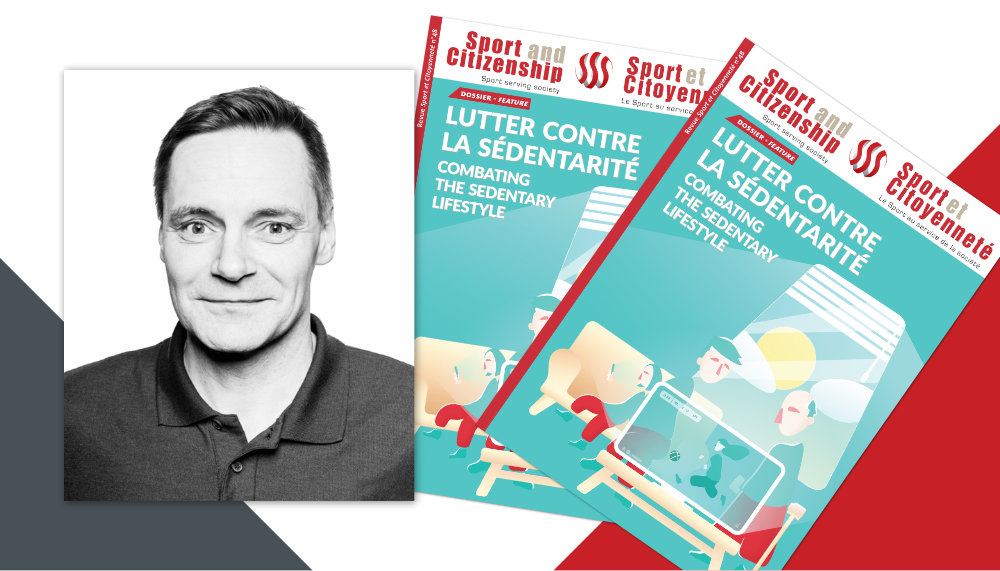
Change the Game, Umeå’s first steps as a physical literacy community
Change the Game, Umeå’s first steps
as a physical literacy community
Physical literacy can be described as the motivation, confidence, physical competence, knowledge and understanding to value and take responsibility for engagement in physical activities for life [1].

Tom Englén, Physical literacy coordinator, Change the Game
The purpose of “Change the Game” is to contribute to long-term sustainable social development by improving physical literacy among the people in the city of Umeå.
The adoption of physical literacy, which is a quite new tool for social change, is a true success story for city of Umeå in terms of bringing all sectors to the table. With “Change the game” as a platform, founded by the property company Balticgruppen, all the key sectors organize lots of events, the largest of which is our annual “Change the Game event” in Umeå. The project also cooperates with a number of national and international bodies to spread information about physical literacy.
Physical literacy is seen as a gateway to be physically active, get fit and get health benefits – physically, mentally and socially. More and more activities and environments in the city are enriched by physical literacy. One example is the reshaping of a whole inner-city district to become a place for movement.
“Finding new forms of how children get to and from school”
Another case is this “Physical literacy enriched school transportation”. The project was implemented in a collaboration with Bostaden (a public housing company) and Umeå municipality’s school Ersdungen. The aim was to find new forms of how children get to and from school in a physical literacy enriched way to promote sustainable development on many levels. The concept of physical literacy has been used as a compass in both the design of the project as a whole and the transport routes themselves. The pilot project wanted to review attitudes and behaviors and have a vision to use the lessons learned in the development of other initiatives in several operations. Eight different units of movement were used to and from the school based on workshops with teachers and students. The experience of the project was good for the end users and seems to have contributed to changed attitudes and self-confidence related to physical literacy. The results of the pilot project hope to create a forum for change and innovation in future social developments, where many administrations and sectors work together for physical literacy communities. The project made it clear that current recommendations for playground equipment limit the possibility of creating environments that develop physical literacy. The project shows that there is a clear need for further dialogue with the relevant sectors/actors from the perspectives “as safe as possible” or “as safe as necessary”.
From a broad perspective, the pilot project lived up to the goals set and plans for further development and collaboration in several sectors will be discussed.
[1] International Physical Literacy Association
